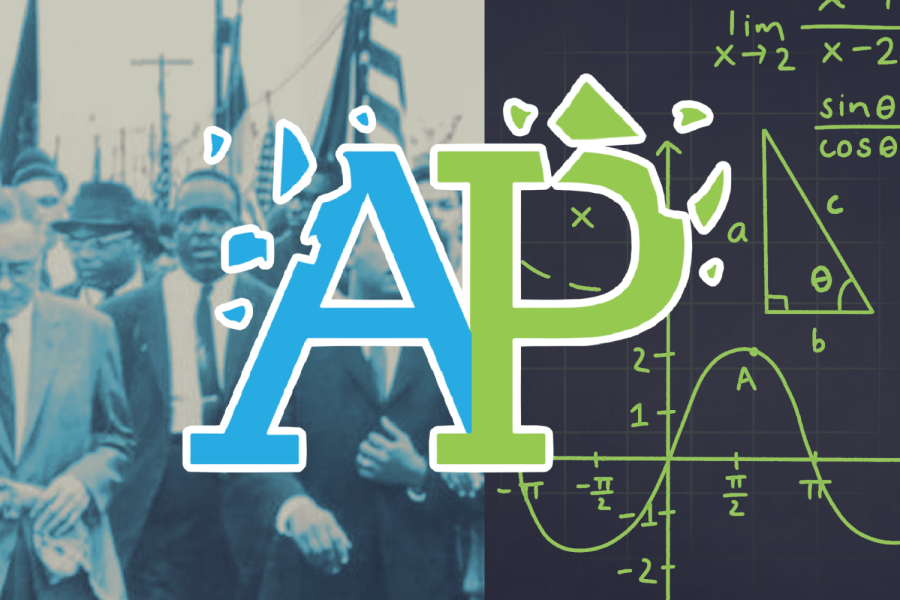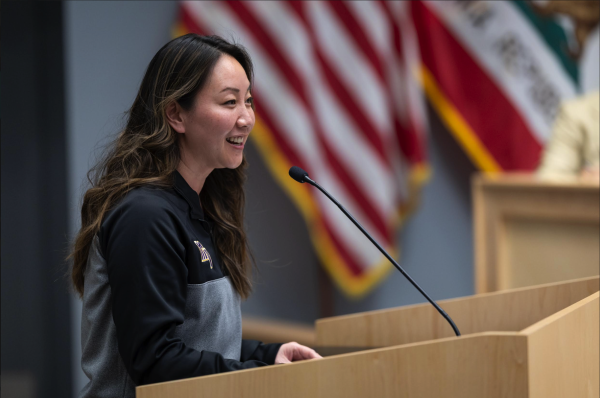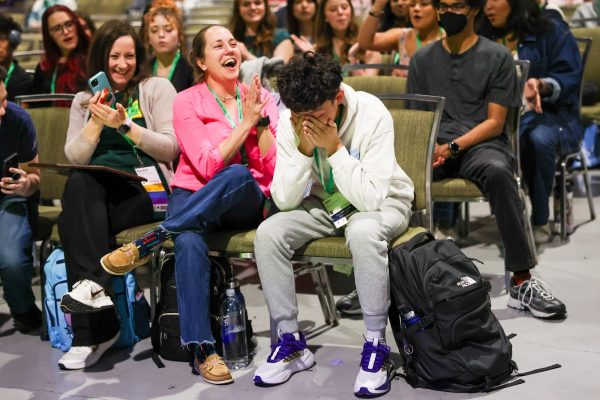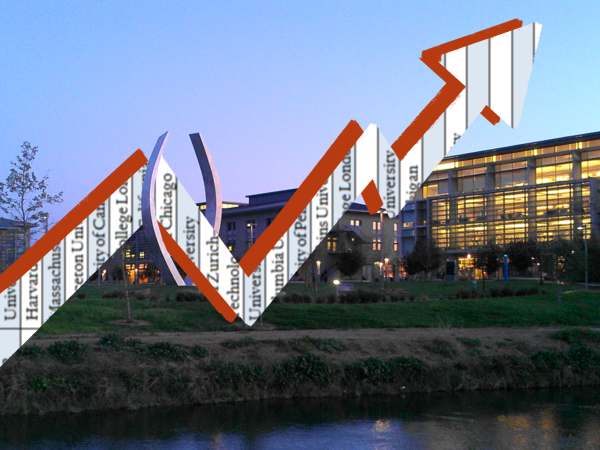The College Board announces two new AP courses
Staff share their thoughts on AP African American Studies and AP Precalculus
AP African-American Studies and AP Precalculus are set to join the 38 AP exams currently offered by College Board.
The College Board recently announced the planned addition of two new AP classes — AP African American Studies and AP Precalculus — which will be available starting in the 2023-2024 school year. According to the College Board, AP exams offer students the opportunity to take college-level courses and earn college credit from passing exams in high school.
Over the summer, the College Board piloted AP African American Studies at the Advanced Placement Summer Institute hosted by the Howard University School of Education. AP African American Studies is “designed to offer high school students an evidence-based introduction to African American studies,” according to the College Board. On the other hand, AP Precalculus students will “explore everyday situations and phenomena using mathematical tools and lenses” and “build deep mastery of modeling and functions.” The course is meant for students starting Algebra 1 before or during ninth grade and “students interested in non-STEM majors.”
Precalculus and computer science teacher Scott DeRuiter expresses his confusion at the AP Precalculus exam and questions the necessity of the course.
“Precalculus is typically a high school class,” DeRuiter said. “It’s not really a college class. It’s a course that is certainly taught in colleges, but I think it’s more appropriate that it is offered in high school. It makes me wonder about the College Board’s motivation for offering such a course because it’s certainly going to be a big moneymaker for the College Board.”
Guidance counselor Clay Stiver feels similar discomfort at the addition of the exam and feels the class is unnecessary.
“Most students on the precalculus pathway will end up taking AP Calculus in senior year anyway,” Stiver said. “[If you] take the AP Calculus exam, the AP Precalculus exam basically doesn’t matter anymore.”
In addition, Stiver believes adding new exams will add more pressure on students, parents and staff at MVHS. He thinks student well-being is most important and says that taking AP exams generally causes more harm than benefit.
“I see the pressure our students put themselves under for these AP exams, which, the majority of the time, don’t matter for admissions whatsoever,” Stiver said. “That’s always the big ultimate concern for me.”
Stiver is more excited about the new AP African American Studies course, as he believes there is an overrepresentation of science and math AP courses. Despite this, he is apprehensive about the addition of another AP course.
“[As for] African American Studies, I think that sounds awesome,” Stiver said. “I mean, I love any kind of opportunity for another social science course. I think it’s great, [but] I get nervous about AP stuff in general. I don’t always think that that’s necessarily something we need on the AP level.”
Social science teacher Hilary Barron is excited about AP African American Studies and thinks the course is important as it targets underrepresented aspects of the history curriculum.
“I appreciate [the new course],” Barron said. “It will help promote a focus on the subject matter. One of the core reasons [to have the course] is to shine a light on historically underserved content and people who are not the focus of the history that we teach, which has a Eurocentric focus. I think College Board gives students who are really interested in the history of African Americans the opportunity to dive deep in[to] that topic.”
Stiver is not sure that FUHSD will offer the courses since enrollment is declining. DeRuiter is also uncertain about whether or not MVHS will add the AP Precalculus course since there are already two precalculus classes at MVHS. DeRuiter says that whether or not the courses be offered at MVHS, he will remain skeptical of the College Board’s intentions. However, he does not blame students interested in taking AP classes and exams.
“I wouldn’t fault students for wanting to [take more AP courses] if students are given the opportunity to take more AP classes, and colleges value [the classes],” DeRuiter said. “But I [wonder], will there be an AP Algebra 2 Trig or an AP Geometry — how far will the College Board dip to make more money?”













